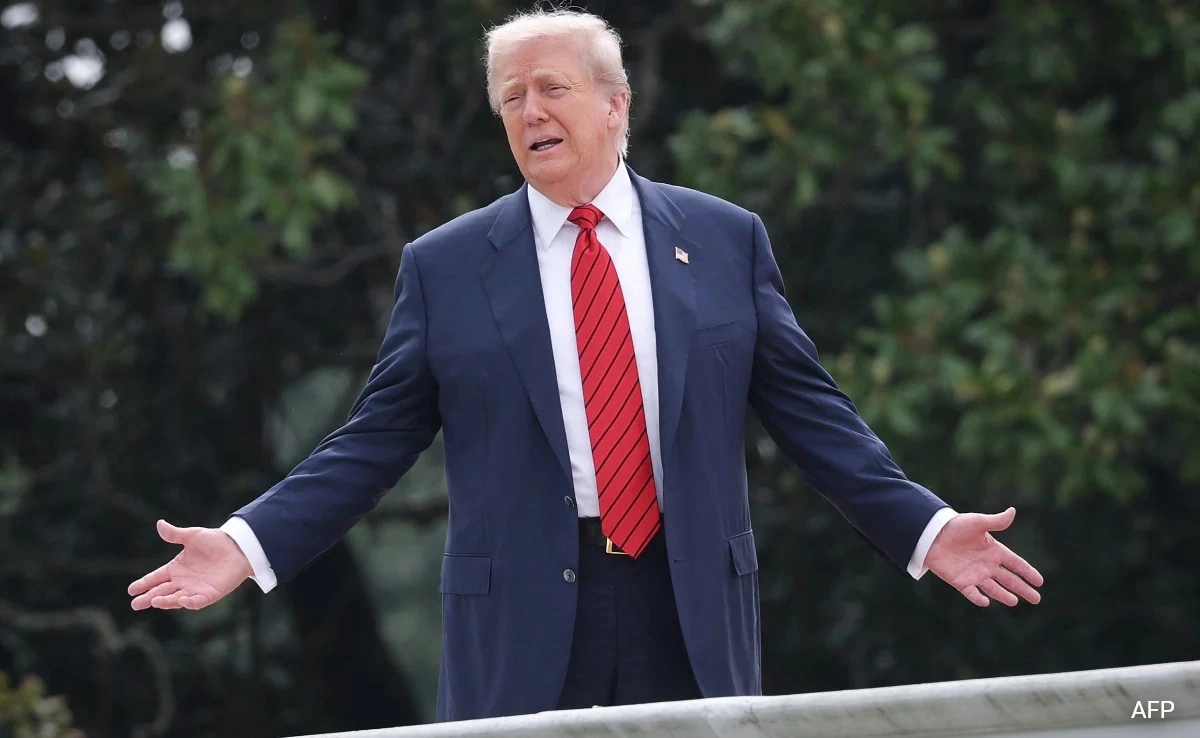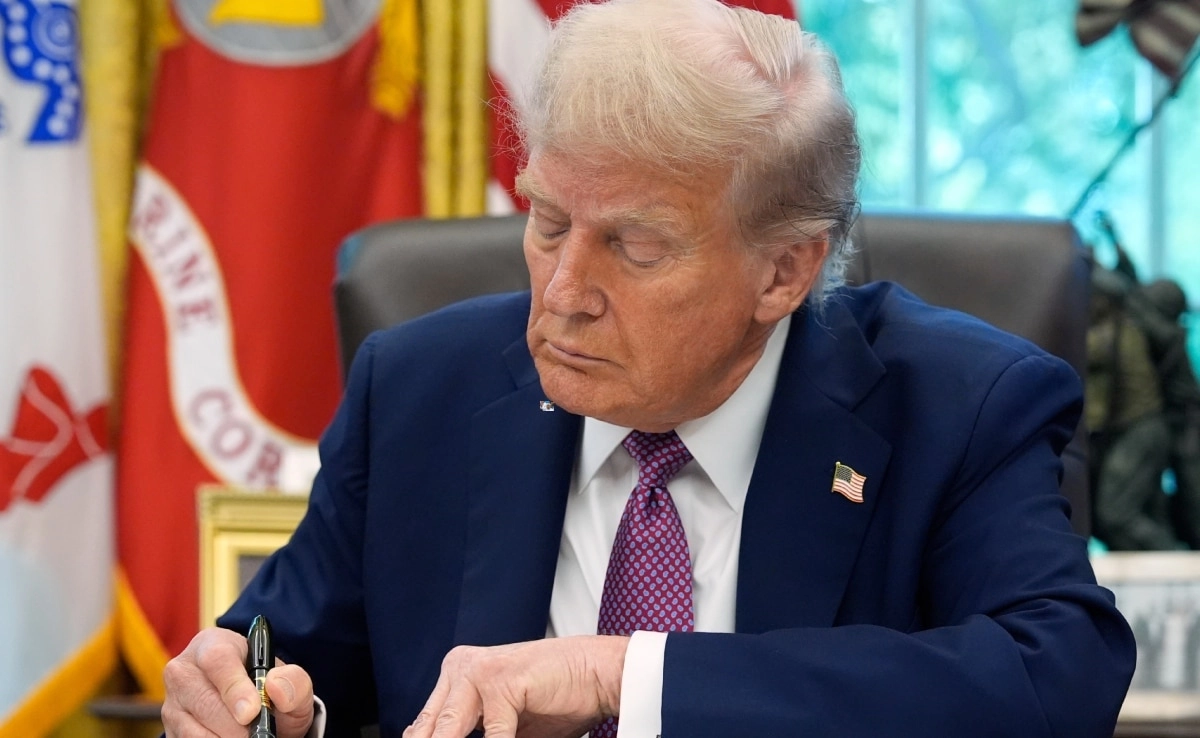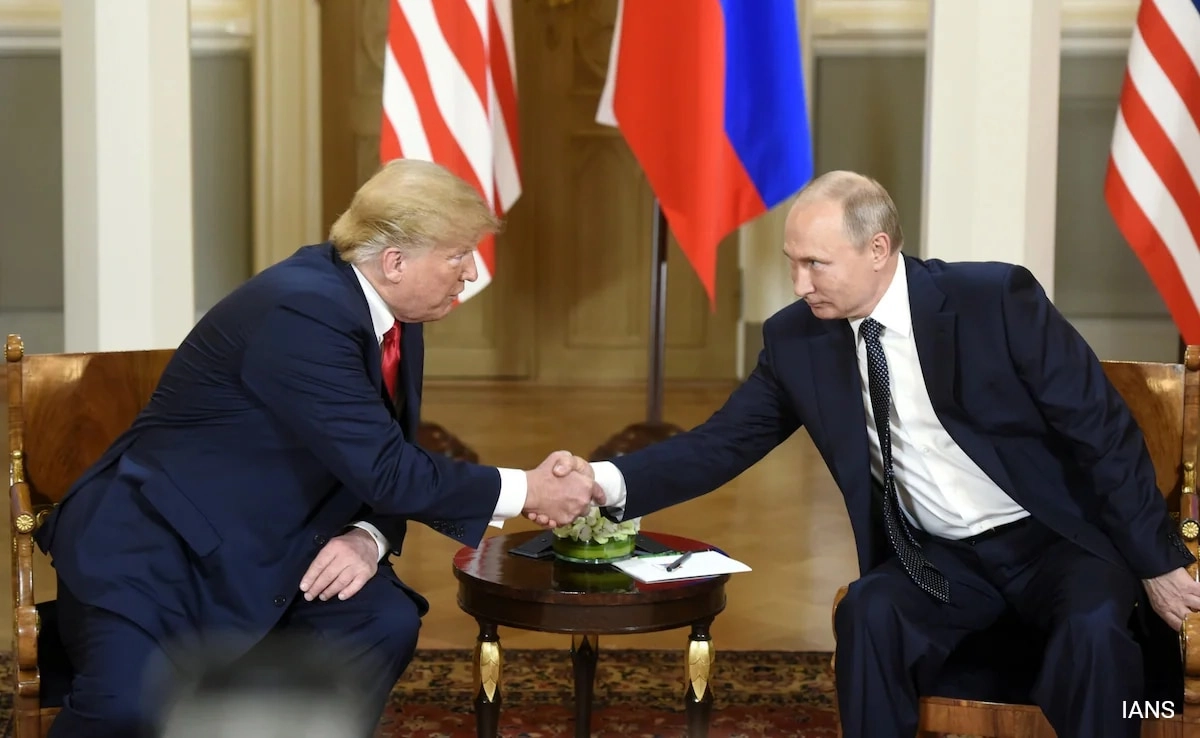In a significant ruling, the U.S. Supreme Court has granted former President Donald Trump the authority to withhold approximately $4 billion in foreign aid. This decision has sparked considerable debate regarding the balance of power between the executive branch and Congress, particularly in matters of funding and foreign policy. The case highlights the complexities of governmental authority, especially concerning the president’s discretion to allocate or withhold funds that have been earmarked by Congress for international aid.
The Supreme Court’s ruling reinforces the executive’s power to make unilateral decisions regarding foreign aid, a power that has been historically contentious. Critics argue that this decision could set a precedent for future presidents to bypass congressional approval, undermining the legislative branch’s role in the federal budget process. Supporters of Trump’s decision contend that it allows for greater flexibility in foreign policy, enabling the president to prioritize national interests without being constrained by legislative mandates.
This ruling also raises questions about accountability and oversight in foreign aid distribution. With billions of dollars at stake, concerns arise over the potential for abuse of power and the impact on international relations. The withholding of funds can have significant repercussions for countries reliant on U.S. aid, affecting humanitarian efforts, developmental programs, and diplomatic relationships. As the implications of this ruling unfold, it remains to be seen how future administrations will navigate the delicate balance between executive authority and legislative oversight in the realm of foreign aid and policy.
In the broader context, this decision reflects ongoing tensions in American governance regarding the separation of powers. As the political landscape continues to evolve, the precedent set by this ruling could have lasting effects on how foreign aid is administered and the extent to which presidents can exercise discretion over funds allocated by Congress. The Supreme Court’s involvement in such matters underscores the pivotal role that judicial interpretation plays in shaping the dynamics of American governance.




